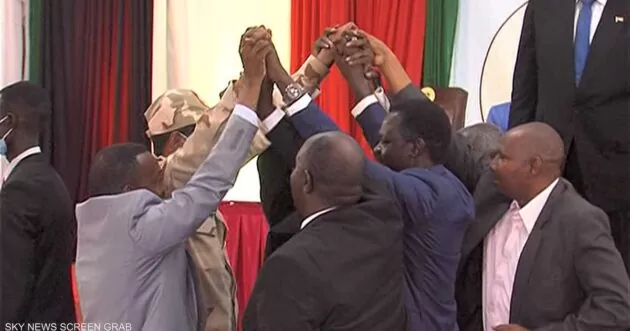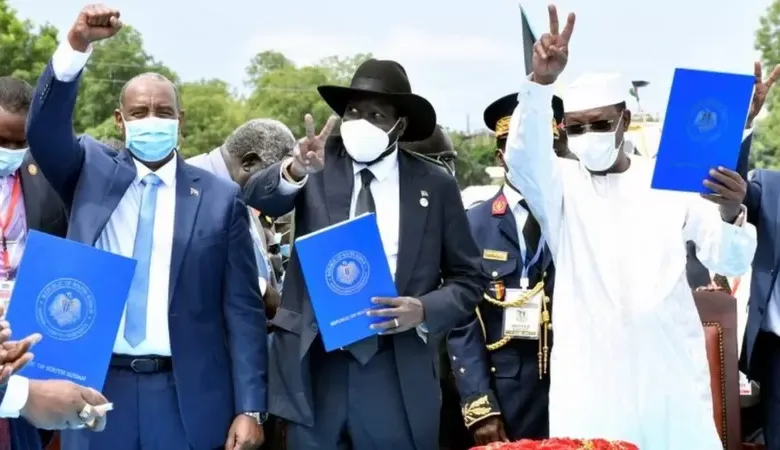
Al-Yurae – Khartoum – Al-Yurae polled a random percentage (one hundred) of Sudanese youth about their position and opinions regarding the Juba Peace Agreement, and the surprise was that there is a semi-equal percentage in expressing reservations that they see showing their position more between those who reject the agreement and those who support it.
More than 56% of those who participated in the Al-Yurae poll expressed their disapproval and distrust of the Peace Agreement, while 46% expressed full support for it, according to the survey results.
The poll included a sample of one hundred people randomly selected from different areas of the Sudanese capital.
The poll also showed that the majority of respondents had many reservations that they expressed, largely due to security issues and concerns related to the leaders of movements and militias, while many expressed sympathy for Darfur issues, especially the issues of camps for displaced persons and the ongoing violence.
According to analysts who listened to some opinions expressed outside the vote, citizens of neighborhoods where Darfur militia forces signatories to the agreement moved to and reside there and under which Khartoum has the highest level of concern about developments in this area.
Opinions and attitudes towards the agreement differed between those who said they had seen its details and those who were not familiar with it, as many of those who voted in favor of the agreement expressed that voters against it were not aware of its provisions, in addition to the fact that the women respondentia, in general, enjoy less confidence and less positive attitudes towards the agreement.
The poll showed that while people trust the idea of the agreement and its perceived usefulness in ending the ongoing conflict in Darfur, the fear that these movements and militias are among the biggest concerns.
On the other hand, many respondents have great confidence that they can implement and resolve complex conflict issues.
Listen to sample of the respondents’ opinions in Arabic here


